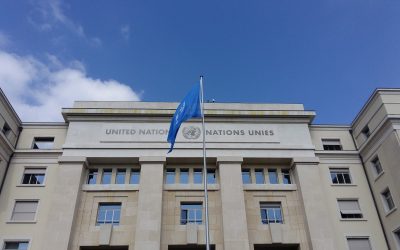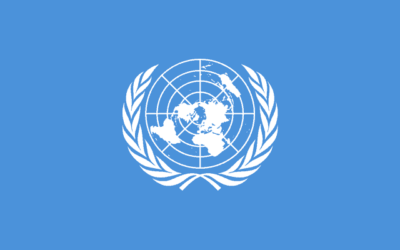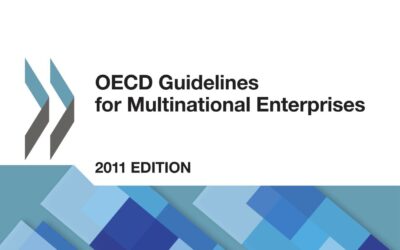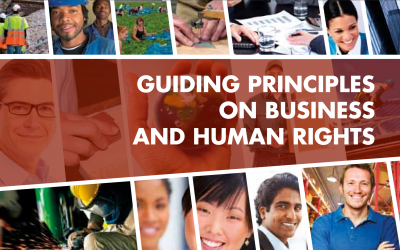The UN Guiding Principles emphasize the importance of access to remedy for victims of business-related human rights abuses. According to the commentary, States and businesses can provide several different forms of remedy, including: apologies, restitution, rehabilitation, compensation, punitive sanctions, injunctions, or guarantees of non-repetition.
As is the case with most international human rights standards, States are the primary duty-bearers of this obligation. Principle 25 explains: “As part of their duty to protect against business-related human rights abuse, States must take appropriate steps to ensure, through judicial, administrative, legislative or other appropriate means, that when such abuses occur within their territory and/or jurisdiction those affected have access to effective remedy.”
Although States are the primary duty-bearers for pillar three, businesses should also take an active role in providing access to remedy. Principles 29 and 30 outline the steps that businesses and business organizations should take to facilitate access to remedy:
- “To make it possible for grievances to be addressed early and remediated directly, business enterprises should establish or participate in effective operational-level grievance mechanisms for individuals and communities who may be adversely impacted.”
- “Industry, multi-stakeholder and other collaborative initiatives that are based on respect for human rights-related standards should ensure that effective grievance mechanisms are available.”
Read more about State remedy here and non-State remedy here. You can also find information on grievance mechanisms here.










